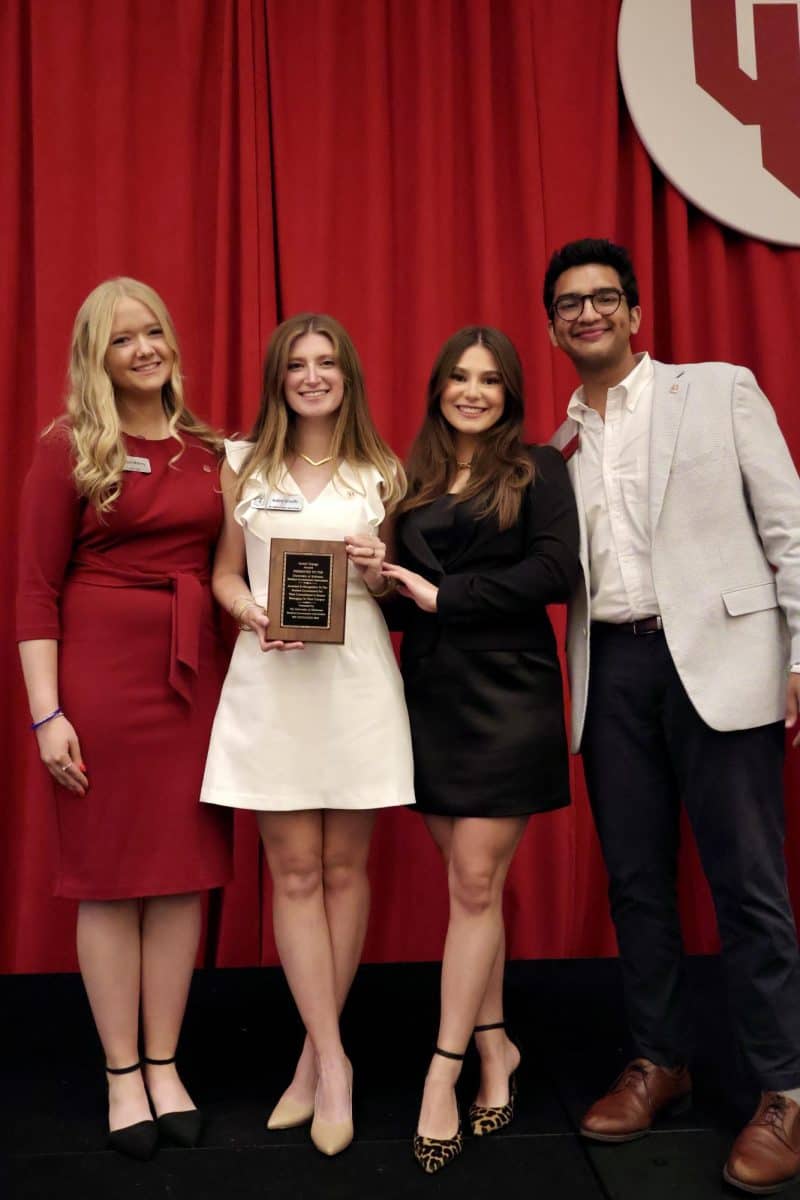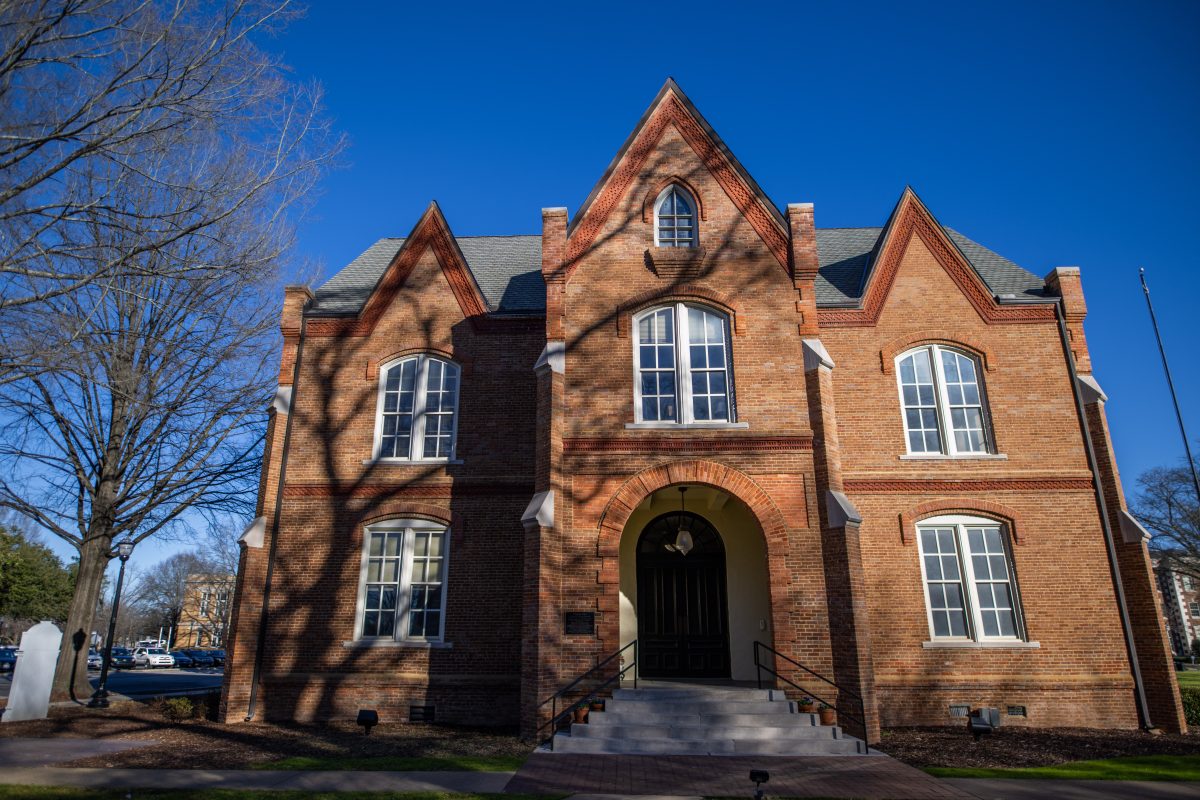This semester I changed my major to history and English. Against the advice of many, I dedicated my studies to something I am genuinely interested in, yet at the same time, one that lacks any definite career path.
In the search for my degree, I considered pursing journalism, business and political science — disciplines that could result in definite job opportunities after college life. Like many students in college, I seriously looked at the business school as a place to call home. With a business degree, there would be ample opportunity after college. I knew I could be successful in the business world, and would probably enjoy a comfortable lifestyle from these successes.
But I don’t like math. Economics and accounting hold no interest to me. Forcing myself to pay for and attend classes that I don’t enjoy seemed illogical and insensible. And while there are many students who excel in numbers or business operations, I knew I was not one of those students.
I love English, I love history and I love going to class. I enjoy what I’m learning and have a genuine desire for a pursuit of knowledge in these subjects that interest me.
However, when I’m asked, “What do you plan on doing with that after college?” or “What do you want to be when you grow up,” I am a deer in the headlights, void of a sure response or of any definite plans. Yet, I’m okay with that; never before have I been more sure of being unsure.
When did four years in college become a training school for a pre-determined occupation? When did students start choosing their final career first, and a major that would “prepare” them for that job, second?
The shift in motivational mindset happened sometime between the open-minded generation of many of our parents and the “generation X” that is in college now. The majority of students in the 1970s went to college to simply continue their education. In search of knowledge, perspective and a testing of beliefs, college students chose to study their interests and passions, versus what would best prep them for a “successful” career.
Many catalysts can be credited with this change. Undoubtedly, a degree is almost a necessity for what society deems a “successful” career and comfortable lifestyle. Statistics of a recession and rising unemployment rates have only scared our generation into a corner in which the only way out is a signed piece of cardstock, framed and hung on an office wall. A degree that indicates we have dedicated (at least) four years of our life to a type of vocational training is practically required to get a job in most white- collared work forces.
So, why are you here? Do you like going to class, and are you interested in what your teacher is saying? Are you here to learn, or are you here to get a piece of paper that states you trained four years for a job that you believe will bring you a worldly happiness?
What if we reverted back to the generation before ours, and pursued subjects that genuinely interested us; subjects that brought us happiness now, and subjects that we know will bring us happiness throughout life.
I may not have a highly regarded job after receiving a degree in history and English, but learning brings me joy. And if I can pursue knowledge for the rest of my life, I know that joy will continue long after the University of Alabama has sent me across that stage, cardstock certificate in hand. Yes, a career will occupy you, and a salary will provide a blanket of comfort. But if you do what you like, and you like what you do, you will be happy; and that is the most successful thing you can be.
SoRelle Wyckoff is a junior majoring in history and English.






